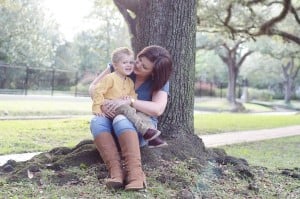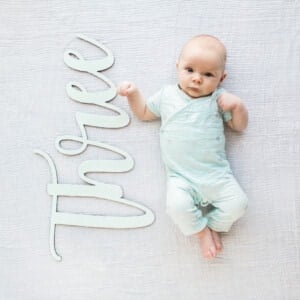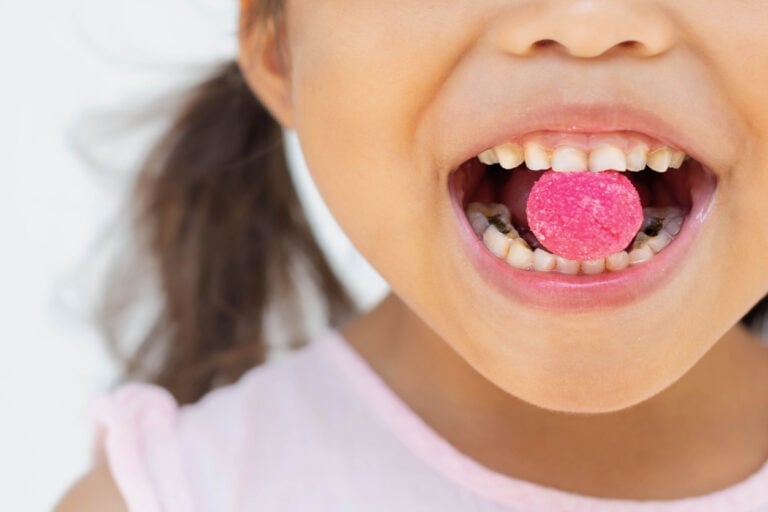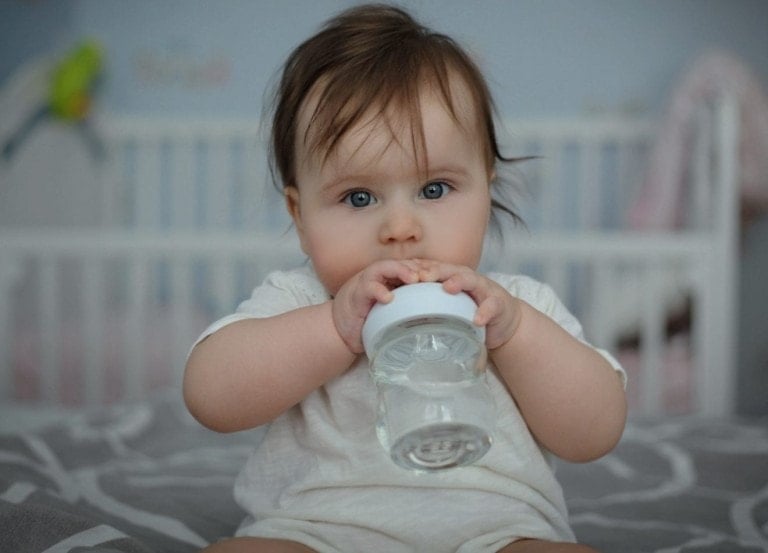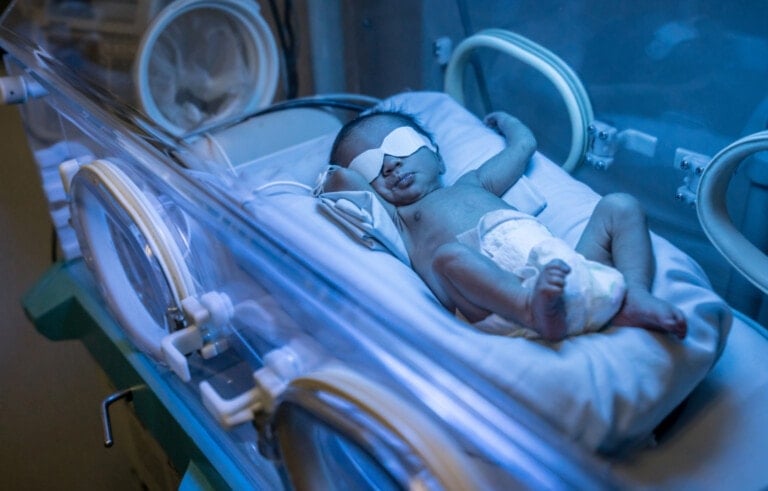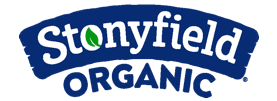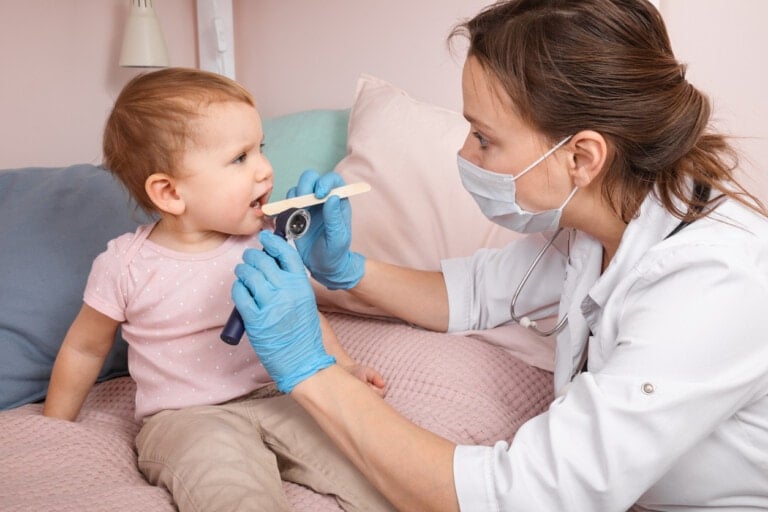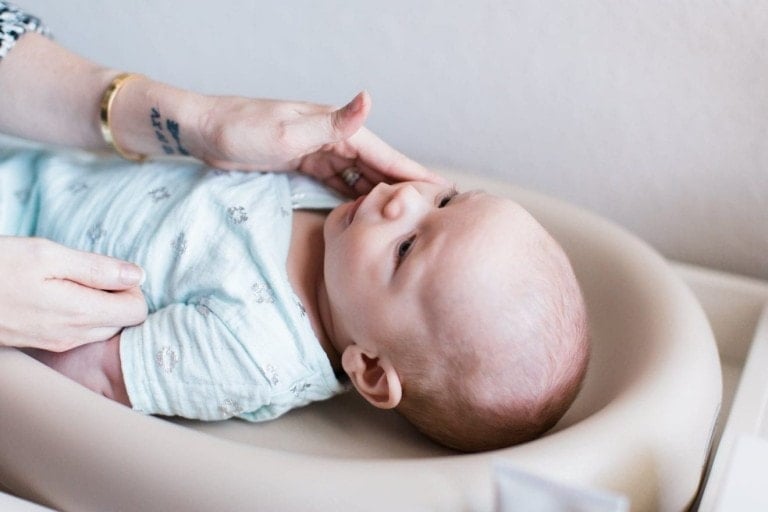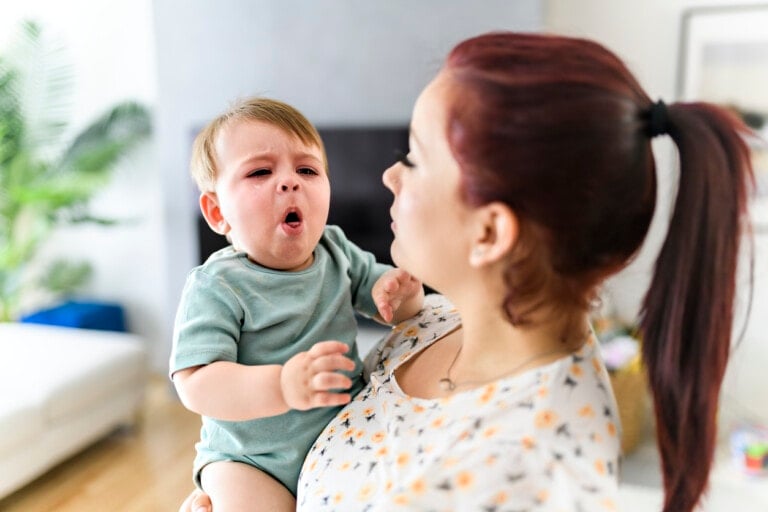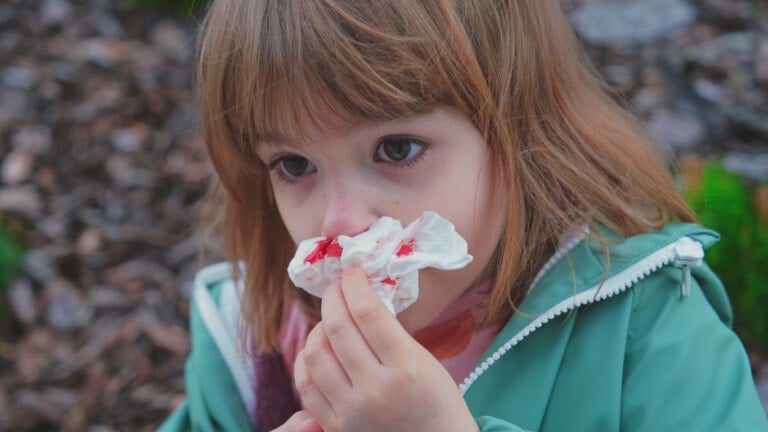As parents, we recognize that we will inevitably find ourselves in situations when we must stand by and idly watch as our child experiences discomfort, pain, or suffering of some sort. This may be as minor as a little one falling off a bike as they learn to keep steady. Or it may be as serious as a blow to the head concussion on a playing field or in a severe car accident. One fear all parents share is that our child might be injured, and we will be left feeling helpless, trying to comfort them and ease their pain.
What is a Concussion?
A concussion, also known as mild traumatic brain injury, is defined by the Brain Injury Research Institute as a bump, blow, or jolt to either the head or the body that causes the brain to move rapidly inside the skull. A significant mechanism of injury induces biomechanical forces that transmit to the head, resulting in brain acceleration and deceleration.
When concussions occur, there is no structural or anatomic abnormality. Instead, it changes how the brain functions. Therefore, doctors cannot see or diagnose a concussion with imaging such as an MRI or CT scan. In fact, imaging findings generally indicate that a person has either had that finding their whole life, has new but unrelated to the trauma, or the injury is actually more severe than a concussion (such as a skull fracture or subdural hematoma).
What are the Symptoms of a Concussion?
Only one symptom that shortly follows the injury itself is required to diagnose a concussion. It is purely a clinical diagnosis based on symptoms or signs. Healthcare professionals use various assessment tools and questionnaires to objectively monitor symptoms and their progression. Here is a list of the symptoms your child may experience with a concussion:
- Physical – headache, pressure in the head, neck pain, nausea or vomiting, dizziness, vision problems, balance issues.
- Cognitive – confusion, sensitivity to light or noise, feeling slowed down or foggy, difficulty concentrating, memory issues.
- Emotional – sensitivity, emotionality, irritability, sadness, nervousness, or anxiety.
- Sleep – fatigue, low energy, drowsiness, difficulty falling asleep, sleeping more than usual, sleeping less than normal.
The American Academy of Neurology updated its guidelines in March 2013 for assessment, evaluation, and concussion treatment. We used to grade concussions as mild (grade 1), moderate (grade 2), or severe (grade 3) based on symptoms. However, research has emerged showing no reliable prognostic indicators having a bearing on recovery. Current research demonstrates that the best predictor of length of recovery (and therefore severity) is the initial symptom severity score on the PCSS (Post-Concussion Symptom Score) scale.
Understanding the Physiology of a Concussion
Typically, people fear what they do not understand. I want to share insight into the physiology of a concussion. With a general awareness and understanding, it may ease anxieties and fear.
Immediately After Impact
Immediately following impact, there is stretching/shearing of the gray and white matter deep within the brain. At the cellular level, neurons in the brain can stretch to a significant enough degree causing its porous membrane to become deformed. These pores open up, and ion exchange occurs, leading to depolarization and an action potential that a neuron will fire. The brain cell becomes excited, so to speak, and fires in a haphazard way. Millions of brain cells all get stretched simultaneously, all undergoing depolarization at the same time, creating an electrical storm that leads to symptoms of the “acute excitatory phase.”
Post Impact
Restoring this ion imbalance takes a tremendous amount of energy. So now, the brain requires significantly more energy but is producing less. In this energy crisis, we see ATP (aka energy) plummet before slowly rebuilding. Their energy hits a low after a week or so and then gradually restores over the next few weeks. When adequately managed, symptoms resolve between 10-14 days, and the brain metabolically recovers in 22-30 days. During this time, the brain is particularly vulnerable to a second injury. This is the most dangerous phase of concussion, and recovery can take weeks.
Recurring Concussions
An athlete who suffers a concussion is four to six times more likely to sustain a second one. If another concussion occurs before complete recovery, the effect can be cumulative, prolonging recovery and vulnerability. This can create a vicious downward spiral in which an athlete continuously gets concussed with minimal force, and recovery periods are increasingly prolonged.
How Long Does Recovery Take?
After a brief period of rest during the acute phase (24–48 hours) after injury, your child should be encouraged to become gradually and progressively more active while staying below their threshold for symptom exacerbation. Essentially, their activity level should not bring on or worsen their symptoms. At this point, they should become symptom-free and return to their everyday activities.
Professional evaluation and management are recommended if symptoms persist past 10-14 days. Also, remember that symptomatic recovery does not necessarily indicate brain recovery. In most cases, the symptoms will go away within 1-2 weeks, but recovery of the brain to a safe level may take 3-6 weeks. With proper concussion management, full recovery is determined by a series of comprehensive tests.
For those who suffer Post Concussion Syndrome, the brain networks fail to normalize after the acute concussion. While the length of time can vary greatly, from weeks to years, the amount of time decreases significantly with proper management. Treatment consists of a collaborative multi-disciplinary approach (physical therapy, speech therapy, vision therapy, psychology, neurology, etc.).
Professional Treatment and Care
If your child has sustained a concussion, it is imperative that their treatment plan is managed by a healthcare provider trained specifically in concussion. The time from injury to first clinical assessment is one of the best predictors of recovery. Many clinicians have not received adequate training for concussions, and there are still many misconceptions about concussions. Data is constantly emerging. For example, in recent years, there has been significant research relating to screen time, rest vs. activity, and diet modifications. Healthcare professionals who are up-to-date on the literature will be able to provide your child with the best care.















